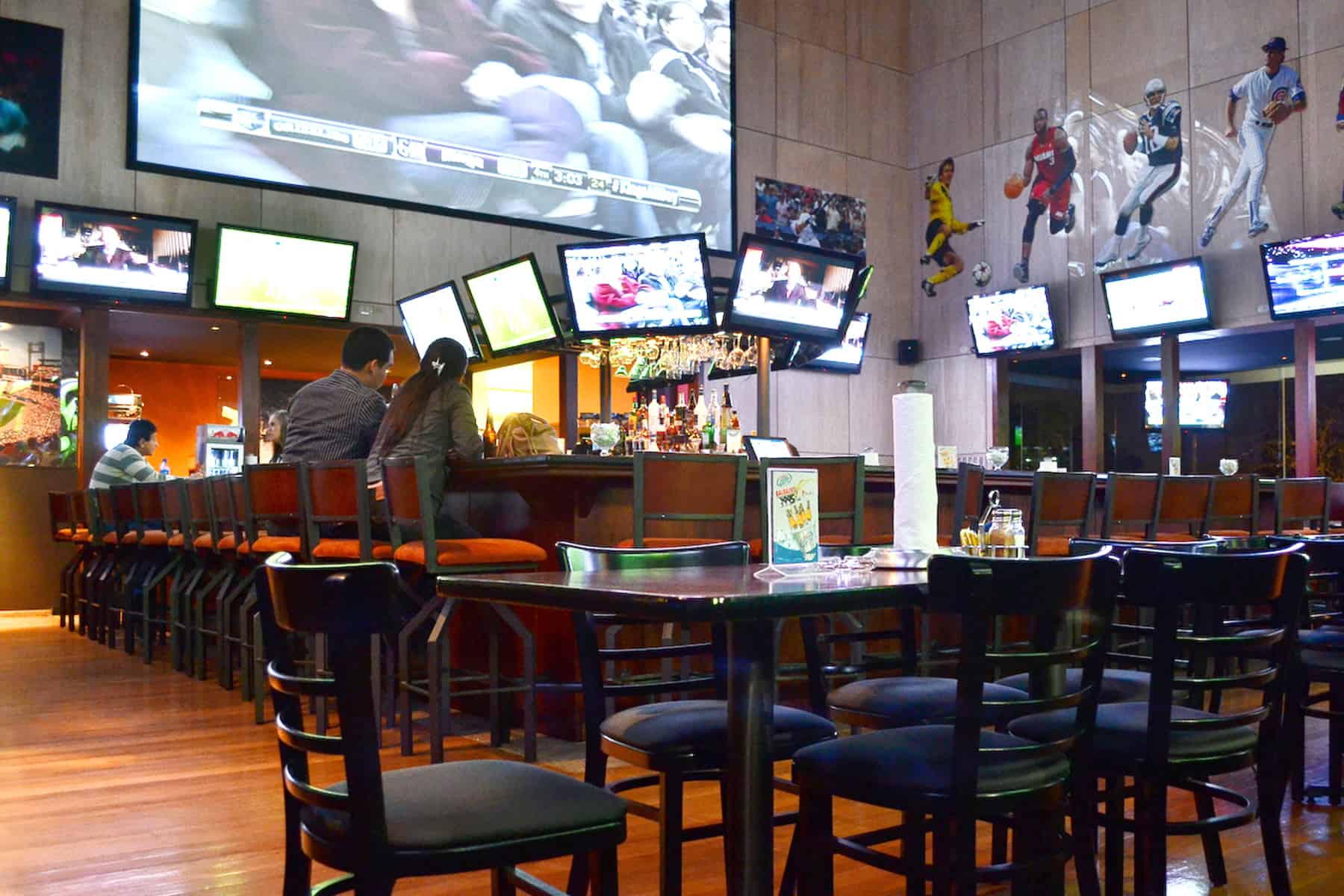As of Friday evening a total of 27 of Costa Rica’s 81 municipalities planned to prohibit the sale of alcohol during Holy Week, according to the National Union of Local Governments (UNGL).
The holiday “dry law” used to be mandatory across the country, until changes in 2012 gave each local government the power to decide whether or not to enforce the ban during national holidays.
The amendment to the country’s Liquor Law was approved after leaders in major tourist destinations complained that the dry law hurt their income as many bars and other businesses were forced to close during those days.
UNGL spokeswoman Seidy Morales Pérez told The Tico Times that the number of municipalities going dry for the holiday could change since some municipal councils still have to vote on the prohibition between Monday and Wednesday.
Last year a total of 35 municipalities voted to enforce the dry law during Holy Week.
Representatives of the main tourism business chambers are not happy with municipalities that plan to enforce the ban.
President of the National Tourism Chamber Pablo Heriberto Abarca said he doesn’t understand how municipal councils make decisions that hurt some businesses while benefiting others.
“This decision favors supermarket chains that increase sales of liquor during the days prior to the dry law, while hurting businesses that are forced to close — even though they must comply with the same tax obligations and license fees every year.”
Gustavo Araya Carvajal, president of the Costa Rican Chamber of Hotels also opposes the ban and blames mayors for allowing municipal councils to make decisions hurting businesses in their cantons.
Costa Rican Restaurants Chamber President Jorge Figueroa said: “This prohibition will affect bar and restaurant owners, but mostly it will hurt waiters and bartenders who will lose the 10 percent tips they make on every sale.”
“Costa Rica is a favorite destination for thousands of foreign tourists who decide to spend Holy Week here unaware of these decisions. They [municipal councils] are affecting not only the tourism sector but also other productive sectors of our economy,” Figueroa said.
Municipalities enforcing the dry law are authorized to fine businesses who violate the ban and can cancel their liquor licenses.
Where you can and can’t buy liquor during Holy Week (as of March 27):
Dry law
Alajuela: Atenas, Naranjo, Palmares, Poás
Cartago: Central, El Guarco, La Unión, Jiménez, Turrialba, Alvarado, Oreamuno
Heredia: Central, Santa Bárbara, San Isidro, Flores
Guanacaste: Bagaces, Cañas
Puntarenas: Esparza
San José: Pérez Zeledón, Puriscal, Tarrazú, Aserrí, Alajuelita, Vásquez de Coronado, Moravia, Montes de Oca, Dota
No dry law
Alajuela: Central, Grecia, San Carlos, Zarcero, Valverde Vega, Upala, Los Chiles, Guatuso, Orotina, San Ramón
Cartago: Paraíso
Heredia: Barva, San Rafael, Belén, Santo Domingo, San Pablo, Sarapiquí
Guanacaste: Liberia, Santa Cruz, Nandayure, Hojancha, Nicoya, Carrillo, Abangares, La Cruz, Tilarán
Limón: Central, Pococí, Matina, Siquirres
Puntarenas: Central, Buenos Aires, Montes de Oro, Osa, Quepos, Golfito, Coto Brus, Corredores, Garabito, Parrita
San José: Central, León Cortés, Desamparados, Escazú, Mora, Goicoechea, Santa Ana, Acosta, Turrubares, Curridabat, Tibás






